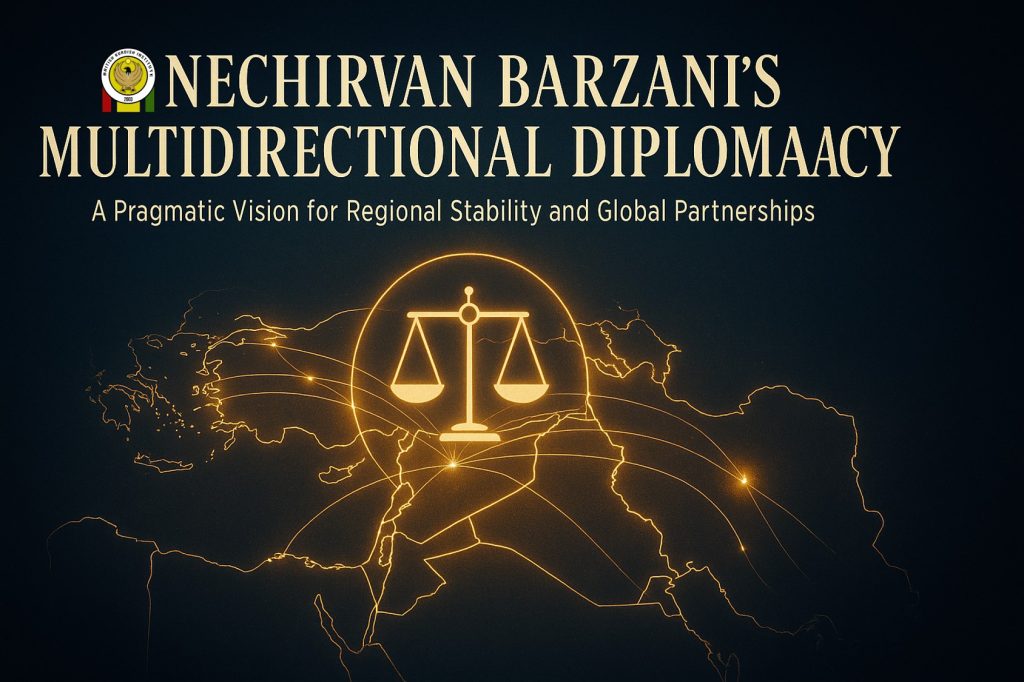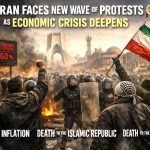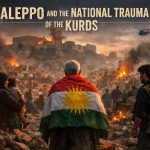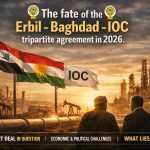A Strategic Leader in Regional Politics
President Nechirvan Barzani of the Kurdistan Region has become a central figure in Middle Eastern diplomacy. His multidirectional strategy balances regional interests, international partnerships, and internal unity. Guided by pragmatism and a commitment to stability, Barzani positions the Kurdistan Region as both a mediator and a reliable partner in a volatile geopolitical landscape.
A Roadmap for Regional Stability
At the heart of Barzani’s vision lies the 2005 Iraqi Constitution, which he views as the foundation for Kurdish autonomy within Iraq’s territorial integrity. By advocating for federalism and power-sharing among Kurds, Sunni Arabs, and Shiite Arabs, he promotes inclusivity and prevents political domination by any single community. This pragmatic roadmap underscores his belief in long-term regional stability.
Strengthening Regional Relations
Barzani has actively deepened ties with neighboring powers:
-
Turkey: Meetings with President Recep Tayyip Erdoğan have emphasized economic growth, cross-border trade, energy cooperation, and discussions on reviving peace talks with the PKK.
-
Iran: While tensions sometimes rise due to Iranian-backed militias, Barzani stresses mutual respect and seeks to avoid becoming entangled in Tehran–Washington rivalries.
-
Russia: His dialogue with Russian Foreign Minister Sergey Lavrov highlights efforts to diversify partnerships, particularly in energy and regional security.
Building Strong Ties with the West
Western partnerships remain a cornerstone of Barzani’s diplomacy. His outreach to France, the UK, Germany, and the United States focuses on security cooperation, humanitarian support, and development aid. Participation in high-level forums such as the Munich Security Conference and the Antalya Diplomacy Forum demonstrates his proactive foreign policy and commitment to dialogue.
Expanding Engagement with the Gulf
Barzani has also turned to the UAE, Qatar, and Saudi Arabia, encouraging investment, reconstruction projects, and cultural exchange. By diversifying partnerships, the Kurdistan Region avoids over-reliance on any single bloc and strengthens its position as a bridge between Middle Eastern powers.
Advocating for Peace and Dialogue
Barzani has positioned the Kurdistan Region as a mediator in regional conflicts. He welcomed the PKK’s announcement to end its armed campaign, viewing it as a historic step toward peace with Turkey. His support for the establishment of an independent Palestinian state further aligns the Kurdistan Region with international peace efforts.
Internal Cohesion and Baghdad Relations
Barzani’s diplomacy also extends inward:
-
Kurdish Unity: He has sought reconciliation between rival parties, particularly the KDP and PUK, to strengthen the Kurdish front.
-
Baghdad–Erbil Dialogue: Rather than confrontation, Barzani prioritizes cooperation with Iraq’s federal government on budget allocations, oil exports, and disputed territories—always stressing constitutional rights.
Soft Power and Cultural Diplomacy
Beyond politics, Barzani leverages soft power by promoting Kurdish culture, language, and history abroad. Scholarships, academic exchanges, and cultural initiatives enhance the Kurdistan Region’s global reputation as a peaceful and pluralistic society.
Conclusion: A Model for Balanced Diplomacy
Nechirvan Barzani’s multidirectional diplomacy is a strategic balancing act, not a reactive policy. By keeping communication channels open with diverse powers, strengthening unity at home, and projecting moderation abroad, Barzani safeguards the Kurdistan Region’s interests while contributing to a more cooperative Middle East.
His leadership provides a model for small powers navigating turbulent geopolitics—anchored in dialogue, inclusivity, and strategic flexibility rather than force.

